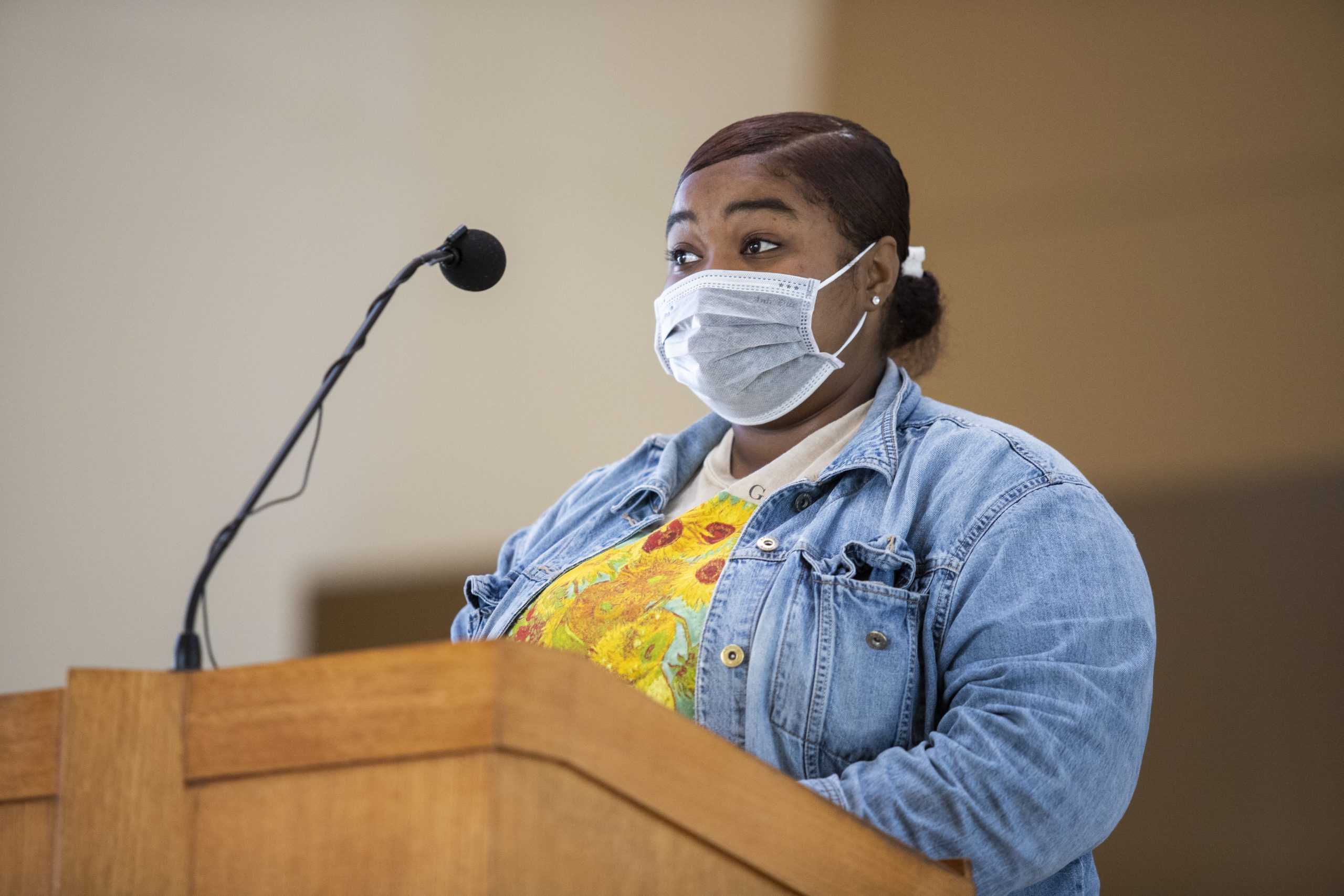On Monday, Oct. 26, many of us learned of the tragic murder of Walter Wallace Jr., a 27-year-old Black man who was fatally shot by police in West Philadelphia. As a Black student on this campus, and as a resident of Philadelphia who lives only blocks away from where this tragedy happened, I decided to speak out in response to this situation at an event led by Nicole Stokes, Ph.D., associate provost for Diversity, Equity and Inclusion. Sadly, this event did not have the turnout that myself and other students had hoped for. So, if you didn’t get the chance to hear my speech, here it is:
What do you say to a group of people who chronically encounter and endure the horrors of trauma? What do you say to your son, or your daughter, or your younger siblings? And how do you know when the last time you will see them will be? Walter’s mother watched him die; she pleaded for his life while his sons were minutes away waiting for him to come home.
On that Monday at 4:56 p.m., I opened a message to a video that I wasn’t expecting to see. The last time I cried myself to sleep over a tragedy like this was following the murder of George Floyd, and I surely did not expect to feel this way again, especially during one of the most stressful and important time periods of the year: the days leading up to Election Day.
In this society, and this community, we watch death more than we watch life. We mentally dwell on trauma. My best friend was one block away from the shooting when it happened. He heard every shot. When he told me this, I couldn’t help but fear that it could’ve been him. It could’ve been my father, or my brother, or my best friend. We talk about death like it’s a casual conversation. Another life lost, and then we move on. As a society, we have been numbed. It happens so often that sometimes we forget to notice that it is happening. I say this to say that, as individuals, we should be more sensitive to the grievances of others. At the end of the night, we put down our phones and our homework, but I have to sleep in this skin. I can’t put down my identity. Sometimes it’s a weight heavier than a lot of people can bear. It doesn’t just affect Walter’s family or his children; some of us can’t sleep at night because of how terrorized we are.
So ask your friends how they are doing. Pay attention to them. And later on in life when you make decisions, and as you grow into your lives and careers, remember the system that we are all a part of. Remember all of those we lost and those who were hurt by individuals in power. Make your decisions remembering the community you got your education in.
I know you’ll hear it a million times, but we are the future. We really are. You, the students, are the voices of justice. We have the power through our protests and our perseverance to create the infrastructure that maintains stability and peace in our society, so don’t let your power go to waste. We can do this.














































